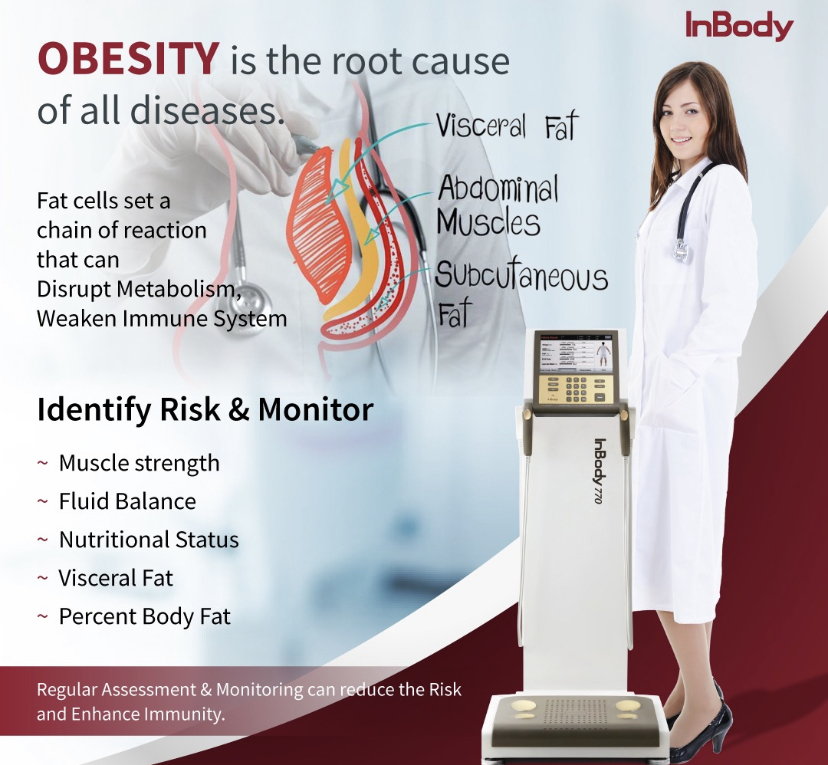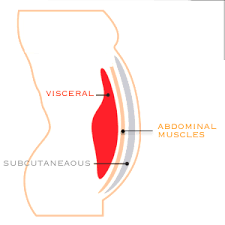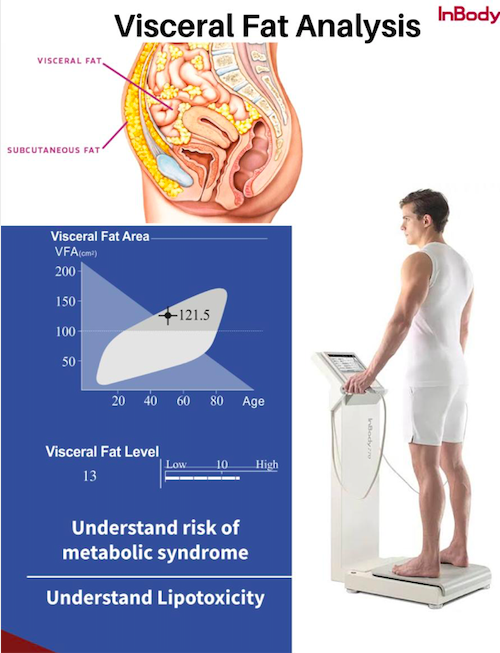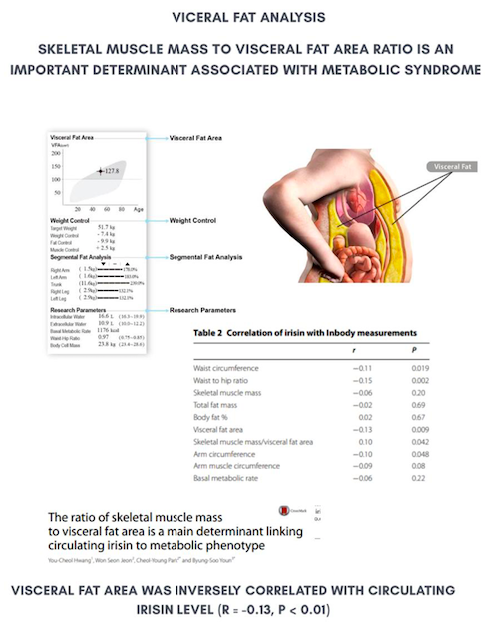
Fat is very important part of our healthy being. It is not only a means of storing excess energy but also synthesis and secretes substances like hormones and inflammatory mediators striking the right energy balance. It also affects other body functioning conditions such as immunity and overall health.

It is healthy to have some body fat, but not all fat is good. So, the question is why is visceral fat something you should keep an eye on?
Visceral fat is that body fat which is stored within the abdominal cavity. It is near to several vital organs, including the liver, stomach, and intestines. It sometimes can also build up in the arteries. Belly fat can also be subcutaneous fat which is just stored just under the skin. Visceral fat is actually inside the abdominal cavity that can’t be seen easily and is the “active fat” which works from inside and disrupt the bodily functions.

Researches states that Lipotoxicity has roles in insulin resistance and pancreatic beta cell dysfunction. Increased circulating levels of lipids and the metabolic alterations in fatty acid utilization and intracellular signaling, have been related to insulin resistance in muscle and liver. According to Harvard University, visceral fat secretes cytokines, which play an essential role in the human body, but increased levels of cytokines due to excess visceral fat can be problematic.
Most importantly, excess visceral fat over a period of time increases risk for developing several serious long-term, life-threatening medical conditions like :
- Heart Disease
- Metabolic Disorders
- Type 2 diabetes
- Stroke
- Cancer

Fortunately, visceral fat is extremely receptive to exercise, diet, and lifestyle changes and is not something to be dreaded of. Monitoring and measuring the Visceral fat is essential in understanding the complexities associated with it. Just assessing the weight or height cannot divulge as to how much fat one has. Even the Body Mass Index (BMI), which is commonly used by physicians, and professionals around the world to determine if a person should be considered overweight or obese is not sufficient. It is just a rough guide as BMI cannot tell the difference between muscle mass and fat, their assessment and distribution.
A through body composition Check can give much more information about the risks associated with Visceral fat. From the Waist hip ratio to the Visceral Fat Area there are many parameters that can assimilate information on the estimated amount of fat surrounding internal organs in the abdomen. Apart from identifying the Fat content in the body it can also help in managing and understanding the corrective actions that can be taken Like a BMR, which can help in determining daily caloric needs, weight Control, Skeletal Muscle Mass or keeping a track of the same with the body composition history.

A healthy, active, low-stress lifestyle and keeping it assessed and monitored regularly can prevent visceral fat from building up in excess in the abdominal cavity.
Read more :
You are not safe if Visceral fat is High.

Leave a Reply